#New Zealand Cinema
Explore tagged Tumblr posts
Photo
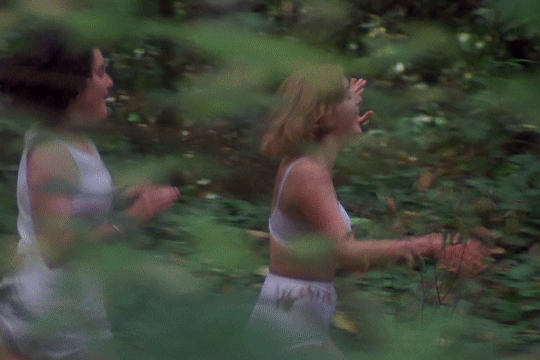



Kate Winslet & Melanie Lynskey
Heavenly Creatures (1994) dir. Peter Jackson
#heavenly creatures#kate winslet#melanie lynskey#heavenly creatures 1994#filmedit#peter jackson#juliet hulme#pauline parker#gif#film#90s#90s movies#worldcinemaedit#fyeahmovies#dailyflicks#moviegifs#filmgifs#cinemapix#new zealand cinema#parker-hulme#tvandfilm#filmtvdaily#userfilm#usersource#aotearoa
5K notes
·
View notes
Text
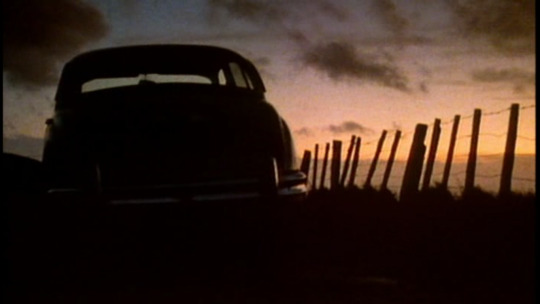
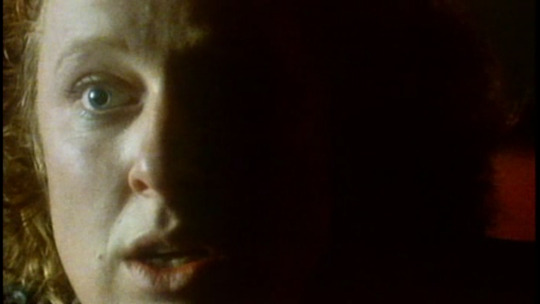
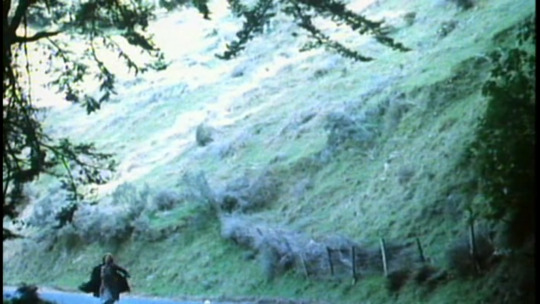

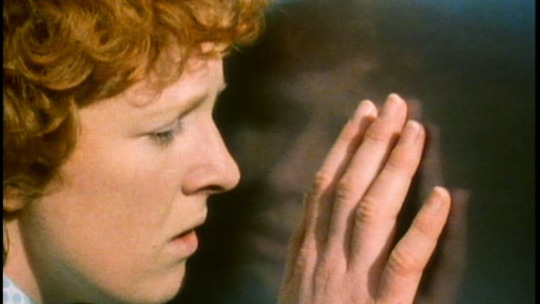
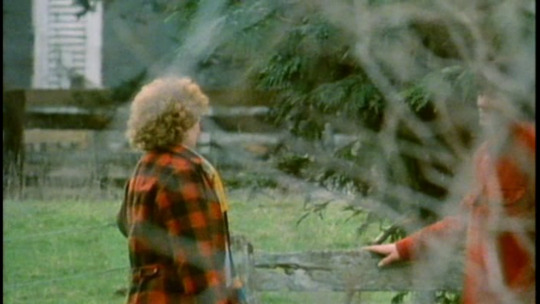


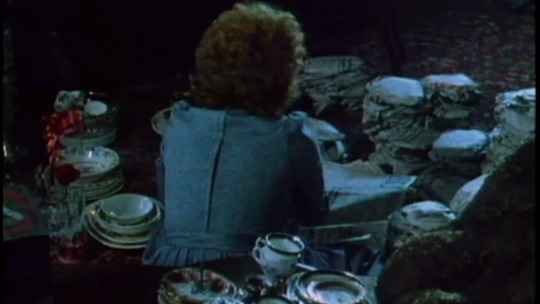
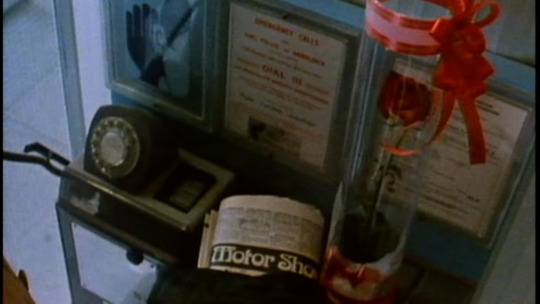
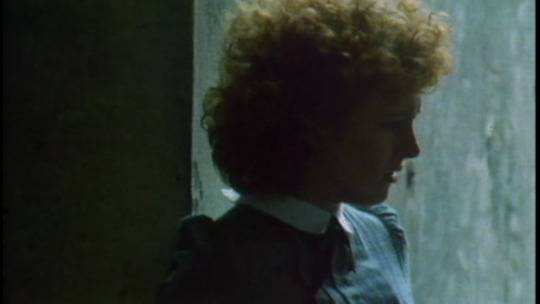
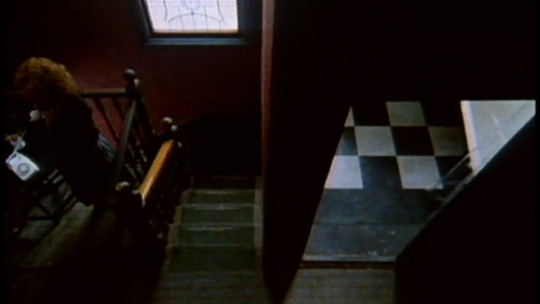
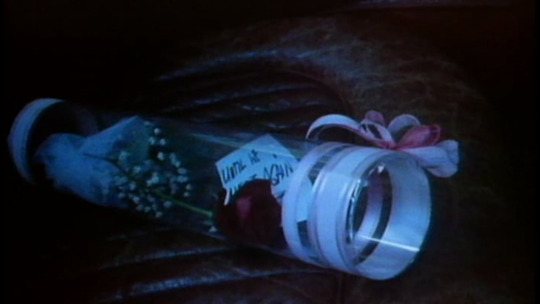


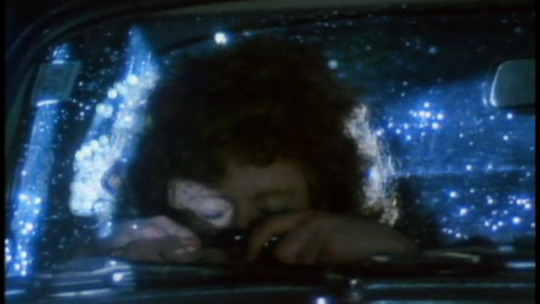
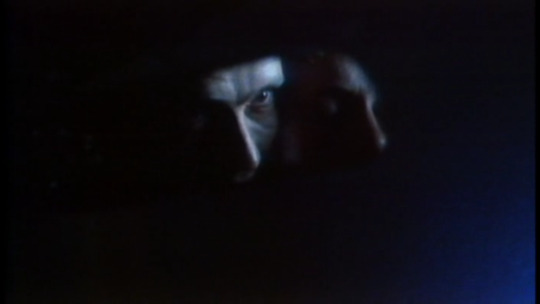
Mr. Wrong (1984)
#mr. wrong#dark of the night#gaylene preston#heather bolton#horror#supernatural horror#women in horror#final girl#new zealand#new zealand cinema#new zealand horror#80s horror#1980s horror#slasher#80s slasher#1980s slasher#horrorstills#female filmmakers#female directors
43 notes
·
View notes
Text

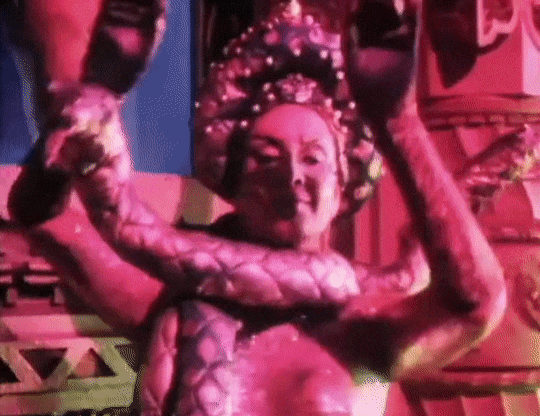



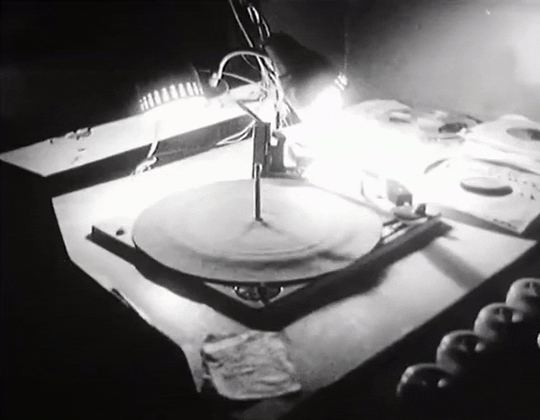



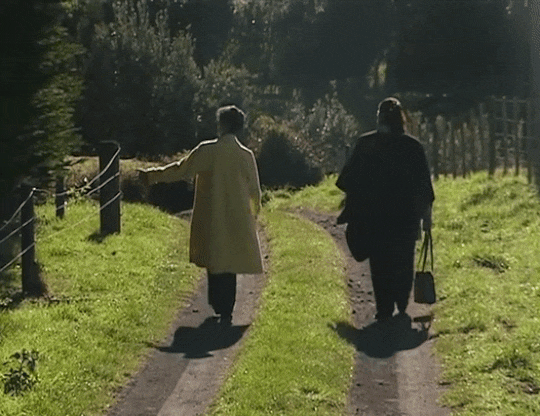
GEORGIE GIRL (2001) dir. Annie Goldson & Peter Wells Georgina Beyer, a Maori actress turned public official, stuns the world in 1999 by becoming the first trans person to hold national office. Growing up on a small Tarankai farm, she later became a small-time celebrity on the cabaret circuit in Auckland. With charisma, humor and charm, Beyer unapologetically recounts her fascinating life story, shares how she overcame adversity and discloses the reasons she decided to run for office in a mostly all white, conservative electorate. (link in title)
#lgbt cinema#trans cinema#georgie girl#georgie girl 2001#Georgina Beyer#aotearoan cinema#new zealand cinema#lgbt#trans#transgender#aotearoa#new zealand#lgbt movie#trans movies#aotearoan movie#lgbt film#trans film#aotearoan film#lgbt media#trans media#queer cinema#oceanian cinema#Annie Goldson#Peter Wells#2001#00s#2000s#00s movies#00s film#2000s movies
155 notes
·
View notes
Photo
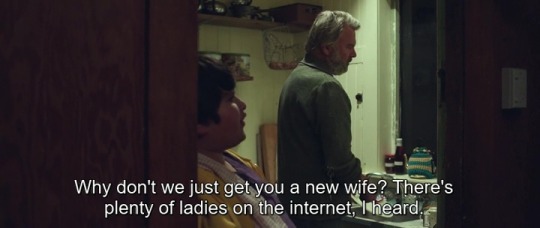
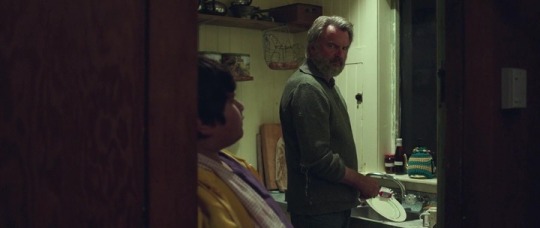
Hunt for the Wilderpeople (Taika Waititi, 2016)
#Taika Waititi#New Zealand#dramedy#Barry Crump#bush#comedy-drama film#Sam Neill#Julian Dennison#manhunt#Hunt for the Wilderpeople#Rima Te Wiata#Rachel House#Wild Pork and Watercress#abandonment#foster care#NZ#New Zealand cinema#Rhys Darby#hunting#Tupac Shakur#parents son relationship#coming of age#adventure#chase#mother son relationship#teenagers#quirky comedy#love#affection#tenderness
112 notes
·
View notes
Text
The Piano (1993)

The gothic romance, it would appear, has an uncanny valley. Shipped off by her family from rainy Scotland to muddy and rainy New Zealand, Ada McGrath is forced into the arms of her arranged husband Alisdair Stewart. Finding herself in a strange land with her young daughter Flora, Ada is forced to deal with harsh terrain and unfamiliar people, all while needing to communicate through either her daughter’s fiery translation of her sign language, written notes, or rigid and firm body language. She cannot speak, expressing herself instead through her piano playing, and she is stuck between two men. Alisdair is controlling and distant, and local handyman George Baines is coarse and blunt. Both men desire her, and she wants none of them. In its unfolding, The Piano manages to fall directly into the gulf between romance which is transgressive and charged, and that which is intended to be such but just comes across as creepy. Alisdair expects that his chosen spouse perform her duties because that’s her role and generally skulks around; not much needs to be said of him for that part. He is the patriarch incarnate. But George, in his game of exchanging sexual favors for the 88 keys of the piano that he’s holding hostage in a bid to garner her favor, is no better. The relationship blossoming between them seems to be prodded along because the film desires it to go in a direction rather than it happening in an organic sense, coercive that it is. That’s not to say it’s not without wit: writer-director Jane Campion finds indulgence within this, having George finger a hole in Ada’s stocking in an obvious innuendo, and later matching the handyman going down on the landowner’s wife to said landowner peeping in while having his hand eaten out by the family dog. Cue the train entering the tunnel. But the relationship between George and Ada isn’t love borne out of shared suffering, it’s some variation on Stockholm Syndrome. Ada’s position is unenviable, and the film leans into that, but it’s hard to buy that in the grander scheme of things. It just comes off as another case when I have to walk away scratching my head and wondering why movies seem to find these dynamics so sexually interesting. This has all of the trappings of a Wuthering Heights type situation but in its execution cannot balance transgression with coercion.
But perhaps this viewing was colored by my aversion to films that feel the need to hammer in the messaging or symbolism of their narrative. This is more Nathaniel Hawthorne than Haruki Murakami. Early on, we establish that the piano is Ada’s voice in the world. Indeed, her playing is anachronistic in its lyricism and fluidity, commingling freely with composer Michael Nyman’s lyrical and flowing score. People notice and comment on this. But needing to draw attention to something which is already clear is the least of the worries of the film. Throughout, conscious parallels are drawn in the most achingly obvious manner: the church pageant features a pantomime of the Bluebeard tale, a jealous man beheading his wives with an axe. Cue Alisdair with an axe. Ada removes a key from her precious piano, intended as a gift and love-affirmation to George, but it is intercepted by the vengeful Alisdair. By chopping off Ada’s index finger, he deprives her of her pre-stated voice. All of this would be fine, but for the fact that a play within a film literally tells you an idea you’re supposed to pay attention to, and the finger-severing is commented on obliquely when a Māori worker notes that the separated key no longer has a voice. All of this would be poetic but for how sweatily intentional is the presentation of it all. When the parallels are clear by implication, it starts to feel insulting when they get pointed to time and again by characters within the film. To that end, the conclusion of the film feels a little mixed: Ada finds a new life with George, and yet comments on her soul through her piano still binding her to its watery grave. Well, which is it gonna be, Jane? Just drown your character and put this to its watery grave, as you said you wanted to do so later.
The handling of the Māori was… not great. They’re present within the world of the film, as would make sense for the time period of the story. But at no point does the film look their way and think about the effects of colonialism inflicted on these people. Instead, they are largely presented as simpletons who cannot understand theatre effects but are useful when it comes to rowing canoes or carrying cargo.
All said, the ratio of loss from piano keys to human fingers isn’t exactly equivalent. SUCK IT, METAPHOR!!!
THE RULES
SIP
Someone uses a synonym for 'silent'.
Ada starts to play piano.
Close-up of piano hammers.
BIG DRINK
Flora tells a lie.
A number of keys is named in the piano ownership bargain.
Obscene amounts of mud.
#drinking games#the piano#jane campion#holly hunter#sam neill#anna paquin#drama#romance#historical drama#new zealand cinema
2 notes
·
View notes
Text
Uproar - Movie Review
TL;DR – An emotional punch to the face as it explores the power of finding your identity. ⭐⭐⭐⭐⭐ Rating: 4.5 out of 5. Post-Credit Scene – There is no post-credit scene.Disclosure – I paid to see this film Uproar Review – At the time of writing, we are in the middle of the Brisbane International Film Festival or, more affectionately, BIFF. So many films were on offer that you needed to sort…

View On WordPress
#Drama#Erana James#Historical#Jada Fa’atui#James Rolleston#Julian Dennison#Mabelle Dennison#Minnie Driver#Māori Cinema#New Zealand Cinema#Pasifika Cinema#Rhys Darby#Rugby#Sports#Uproar
10 notes
·
View notes
Text







land of the boy in boy (2010) dir. taika waititi
#boy#taika waititi#james rolleston#te aho aho eketone-whitu#film aesthetic#film stills#film#kiwi#new zealand film#new zealand cinema#10s cinema#10s film#film landscape#landscape#australia#new zealand#new zealand landscape
8 notes
·
View notes
Text



Boy (2010)
6 notes
·
View notes
Text
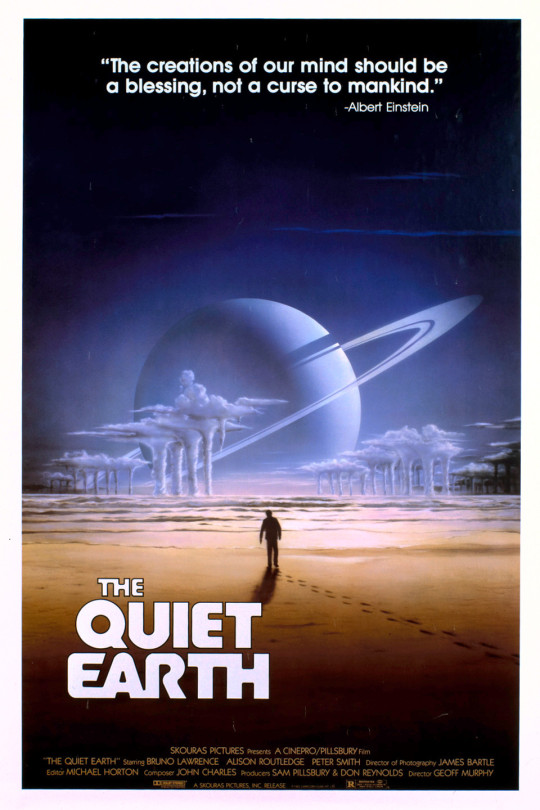
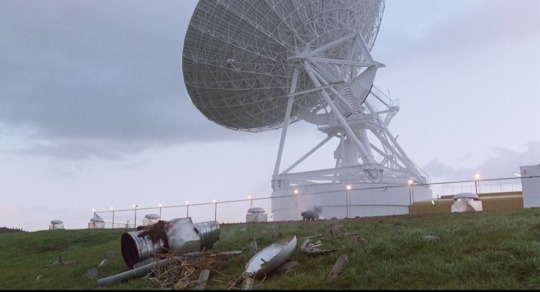


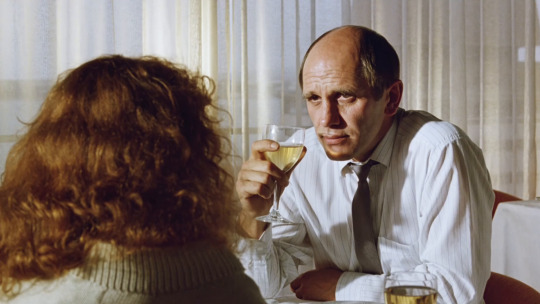
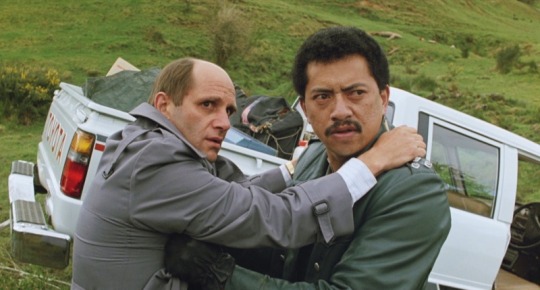




The Quiet Earth (1985)
"We might not have been responsible. God may have just blinked."
"God blinked and the whole world disappeared. A world of noisy, brawling, wonderful human beings."
#the quiet earth#new zealand cinema#post apocalyptic film#1985#sci fi film#geoff murphy#craig harrison#bill baer#bruno lawrence#alison routledge#pete smith#anzac wallace#norman fletcher#tom hyde#sam pillsbury#john charles#i left a long rambling review of this on letterboxd that i can't (or won't) replicate here#suffice to say... a film very close to perfection. Bruno Lawrence (sincerely one of our best and most under appreciated actors) is maybe#both the last man alive as well as the person responsible for that. he meets up with two other survivors and there's standard genre#intrigues but this film is at its best when it focuses on Lawrence alone; a spectacular performance of intense loss‚ confusion#freedom and fear simultaneously. the scenes in which‚ driven near to madness by solitude‚ he dons a silk nightdress and picks up a shotgun#and goes looking for god are some of the most affecting‚ disturbing scenes within this post apocalyptic genre. the rest of the film once he#finds Routledge and Smith is somehow less satisfying (no reflection on two great actors) and a racial tension subtext is dealt with too#briefly and succinctly. but then the ending... you could read it as a profound and daring step in sci fi cinema or a dark‚ absurd joke#both readings have merit. a strange‚ fascinating‚ mercurial film. highly recommended with some caveats.#for more see letterboxd review idk
9 notes
·
View notes
Photo



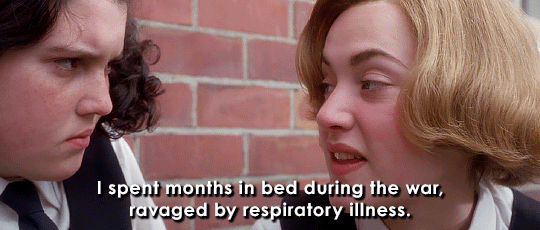

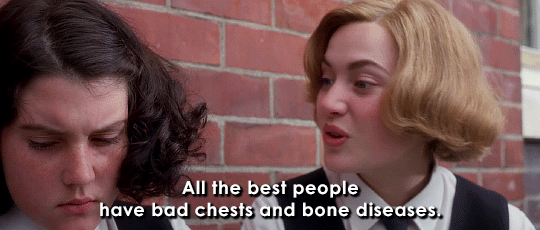
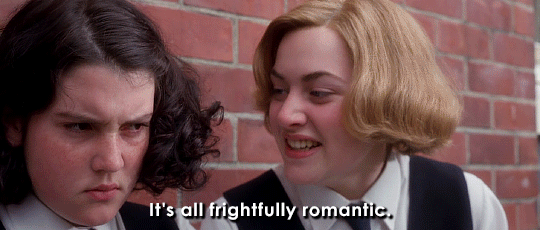
Kate Winslet & Melanie Lynskey
Heavenly Creatures (1994) dir. Peter Jackson
#heavenly creatures#kate winslet#melanie lynskey#heavenly creatures 1994#filmedit#peter jackson#juliet hulme#pauline parker#gif#film#90s#90s movies#worldcinemaedit#fyeahmovies#dailyflicks#moviegifs#filmgifs#cinemapix#1990s#90s films#new zealand cinema#parker-hulme#filmtvdaily#tvandfilm#usersource#ladiesofcinema#userfilm#ladiesblr#aotearoa
2K notes
·
View notes
Text
Happy 51st Birthday to Emmy Nominated actor, Grammy Winning musician Jemaine Clement! ^__^
#geek#film#blog#happy birthday#actor#comedian#musician#jemaine clement#flight of the conchords#what we do in the shadows#moana#dinner for schmucks#the bfg#new zealand#tv#new zealand cinema#geek with clip ons#i review stuff#irs
1 note
·
View note
Text










INTERSEXION (2012) dir. Grant Lahood Activists Mani Mitchell and Grant Lahood set out to "de-mystify" intersex, looking beyond the shame and secrecy that defines many intersex births by visiting intersex people in America, Ireland, Germany, South Africa and Australia and exploring how they navigate their way through childhood, adolescence, relationships and adulthood, when they don’t fit the binary model of a solely male and female world. Those forced to go through early surgical interventions contrast their experiences with those who grew up without. (link in title)
#lgbt cinema#intersex cinema#intersexion#intersexion 2012#aotearoan cinema#new zealand cinema#lgbt#intersex#aotearoa#documentary#lgbt movie#intersex movies#aoteaoran movies#lgbt film#intersex film#aotearoan film#lgbt media#intersex media#queer cinema#oceanian cinema#Grant Lahood#mani mitchell#tamara beck#2012#2010s#2010s movies#2010s cinema#2010s films
23 notes
·
View notes
Photo
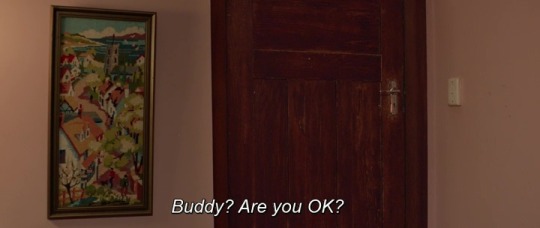
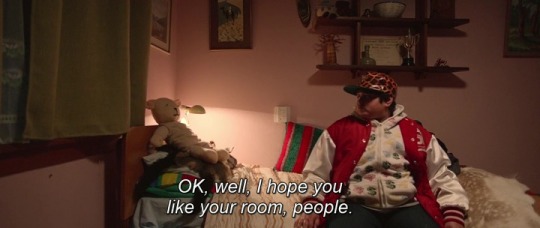
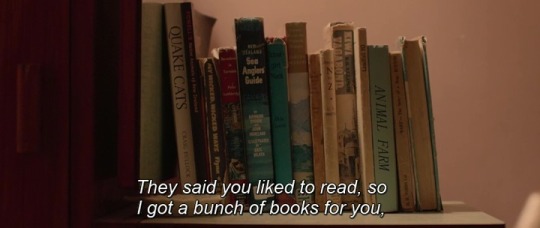
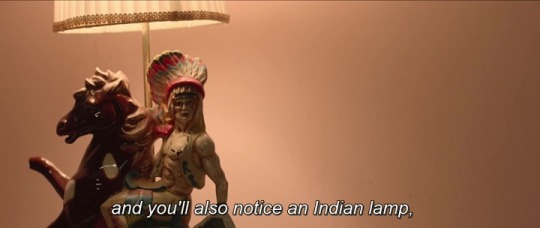


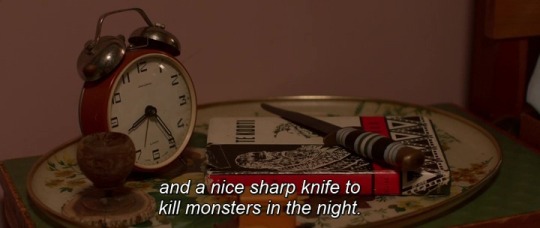
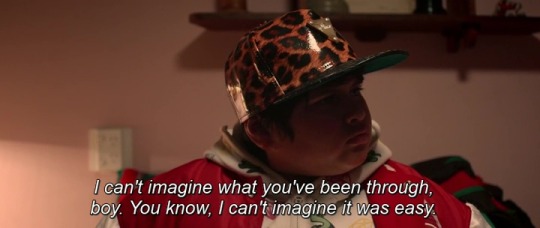

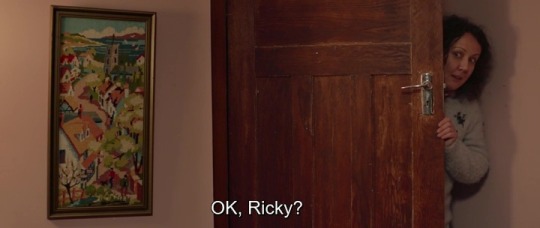
Hunt for the Wilderpeople (Taika Waititi, 2016)
#Taika Waititi#New Zealand#dramedy#Barry Crump#bush#comedy-drama film#Sam Neill#Julian Dennison#manhunt#Wild Pork and Watercress#abandonment#foster care#NZ#Hunt for the Wilderpeople#Rima Te Wiata#Rachel House#New Zealand cinema#Rhys Darby#hunting#Tupac Shakur#parents son relationship#coming of age#adventure#chase#mother son relationship#teenagers#quirky comedy#love#affection#tenderness
74 notes
·
View notes
Text
How successful would anyone from “Colonial Combat”…

youtube
Would you like to submit a character? Click this link if you do!
#could they survive the big leagues#colonial combat#new zealand#aotearoa#AWA Films#maori#Māori#new zealand cinema#independent series#indie show#indie series#new zealander#mako#pretty boy jones#nz#nz history#Erroll Anderson#mark hadlow#tumblr polls#polls#character polls#fandom polls#wrestling#wrestling polls#poll time#hyper specific poll#poll game#wwe#professional wrestling#pro wrestling
0 notes
Text
The Lord of the Rings: The Rings of Power: Alloyed and Season 1 – TV Review
TL;DR – I was captured by the joyful sincerity that permeated the whole season. ⭐⭐⭐⭐⭐ Rating: 4.5 out of 5. Disclosure – I paid for the Amazon Prime service that viewed this episode. The Rings of Power Review – When I started watching The Rings of Power, I went into it with a moment of trepidation. The Lord of the Rings holds a special place in my heart because they were the first…
#Alloyed#American Television#Benjamin Walker#Charles Edwards#Charlie Vickers#Cynthia Addia-Robinson Markella Kavenagh#Daniel Weyman#Dylan Smith#Ema Horvath#Fantasy#Fantasy Television#Ismael Cruz Córdova#Joseph Mawle#Leon Wadham#Lloyd Owen#Lord of the Rings#Maxim Baldry#Megan Richards#Morfydd Clark#Nazanin Boniadi#New Zealand Cinema#Owain Arthur#Peter Mullan#Robert Aramayo#Sara Zwangobani#Simon Merrells#Sir Lenny Henry#Sophia Nomvete#The Rings of Power#Trystan Gravelle
3 notes
·
View notes
Text
Hi sir 😎👎👎
The Worship lord Completed today 🥰
#saintrampalji#godkabir#worship#god#newlands#queenstown#thingstodo#vermont#dunedin#rotorua#napier#new zealand cinema#new zealand cricket#newzealandguide#carebearlover#sanews#satlok#reddit#real life#goodmorning#books and reading
0 notes